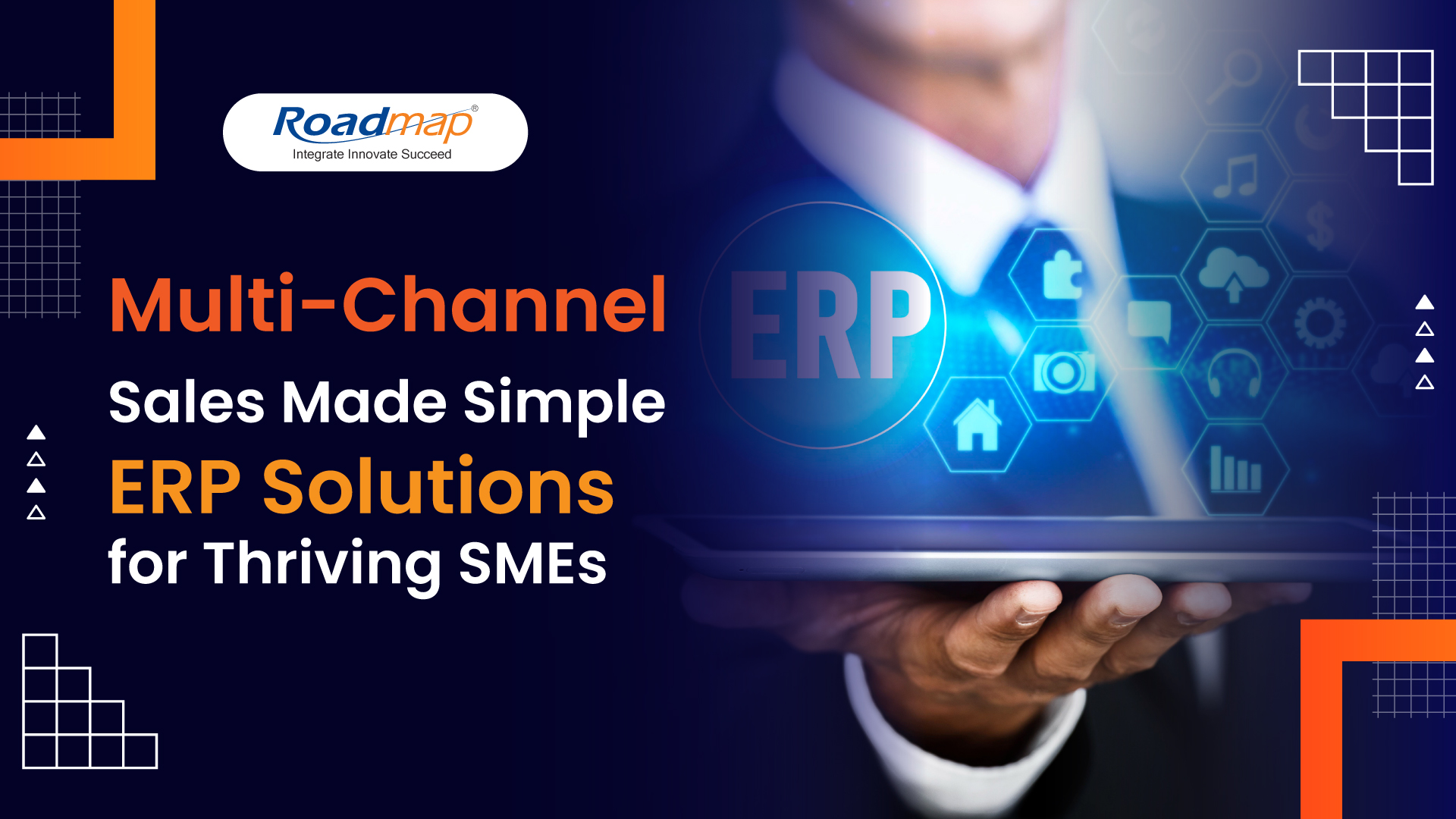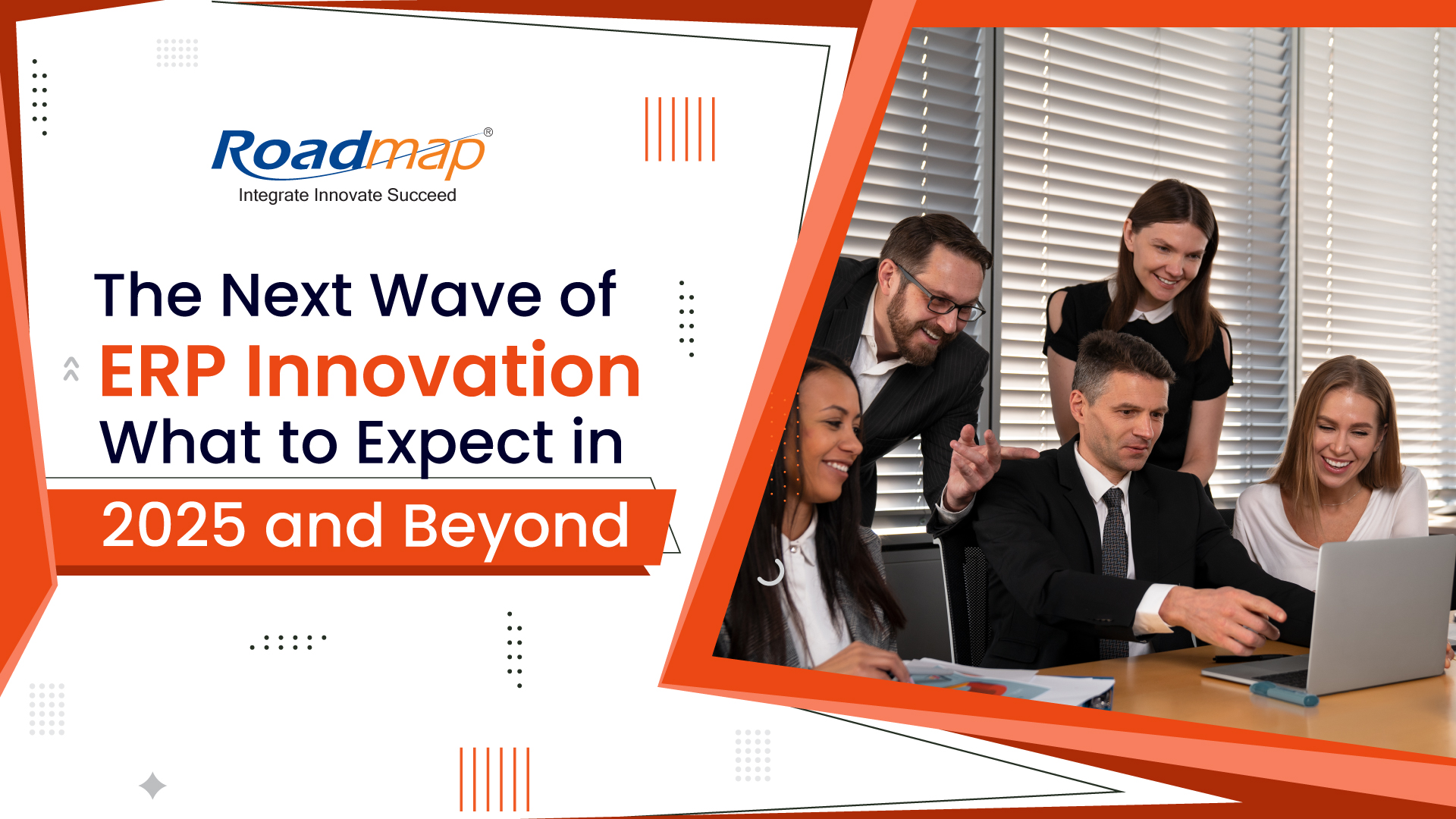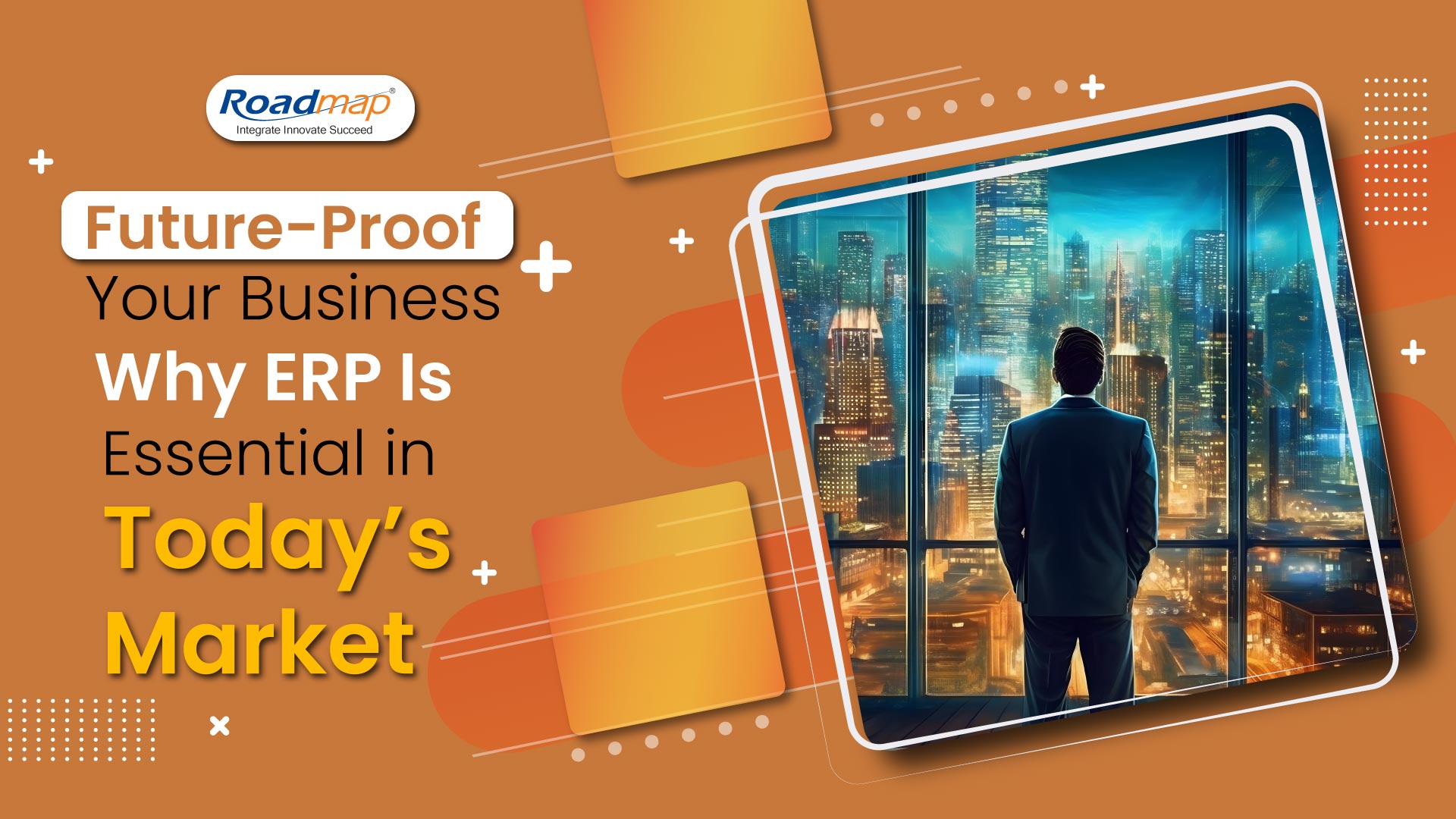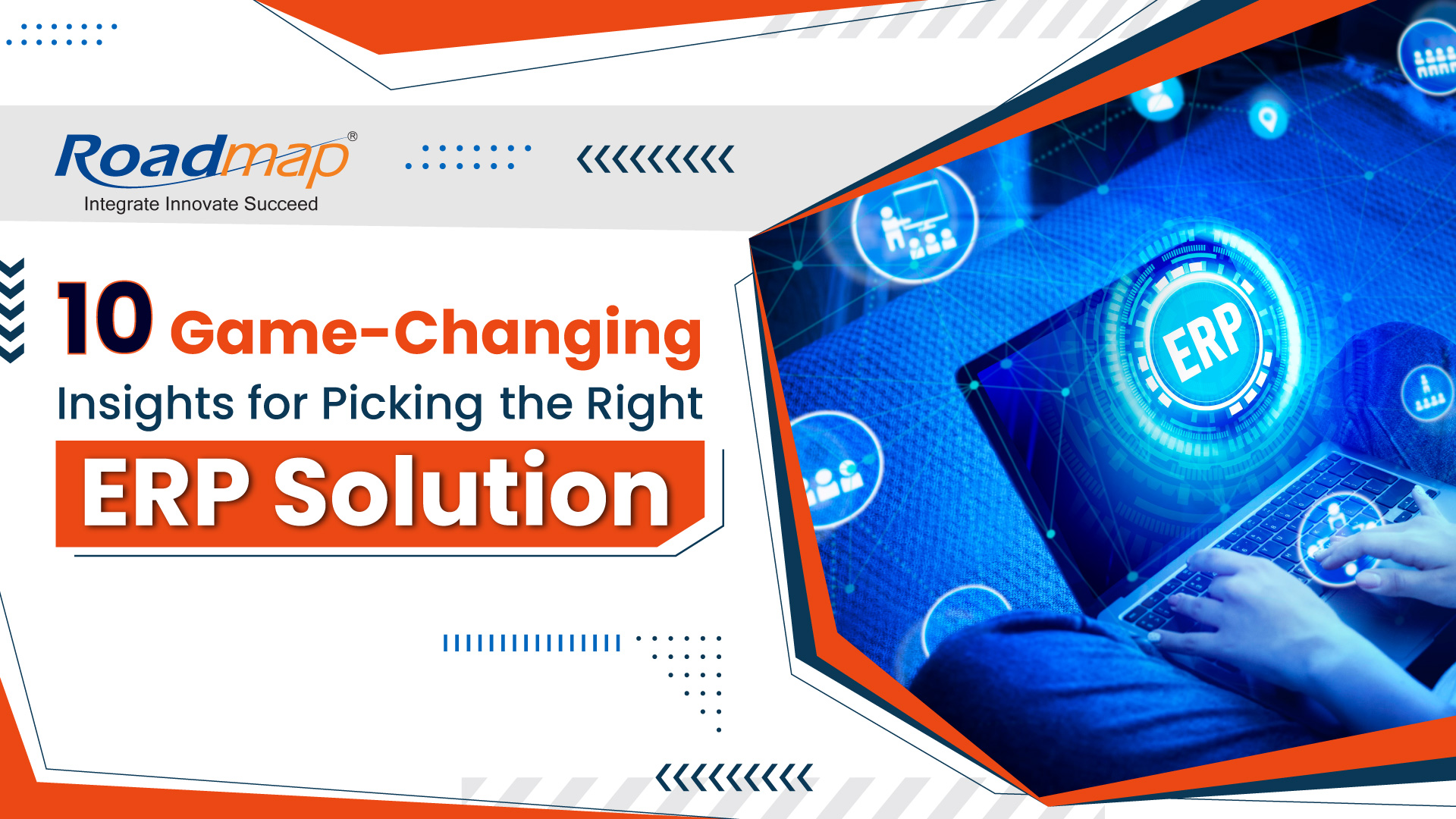
- Julius Rassou
- 22-Nov-2018 05:35:31
Buyer's Guide for a Good ERP Solution
Organizations that are powered by the digital competence of a good ERP solution are definitely bound to have the prerogative to be among the market leaders in its walk of business and entrepreneurial capacity. But, how could one identify a good ERP solution? To gain the mettle to determine the veracity of an ERP solution's tenacity, businesses have to deduce an informed consensus on the following quality and composition of the ERP product:
Scalability: The software, without any snag, should be seamlessly extendable to adapt to any business demand dictated by market conditions. The solution should be based on a robust, multi-tiered, and adaptable IT platform, like Oracle, which provides access to specialized technology and advanced computing resources, thereby giving precious scope for innovations. Further, the ERP vendor should offer reliable support in keeping the software up-to-date at all times.
Integration: The ERP system should bring together the internal functions of each business unit and also interlink the units that have mutual interests in order to allow each unit to efficiently execute its functions by gaining access to the information it needs from other units. This aspect is to ascertain that the business process is smoothly streamlined without any glitches.
Common Data Repository: The solution should provide a centralized data storage facility, from where real-time data could be accessed and used by the management and staff of businesses. This will rule out all communication gaps and ensure the provision of uniform information through the entire hierarchical rung as defined by the role-specific scope granted for each user.
Data Security: The ERP should be built and be supported to ensure that there is 100% compliance in restricting data access, and to confirm maximum Information Security by implementing the best practices to protect the data in the process of being accessed by various internal and external resources of the organization, and by providing continuous and adequate training to the stakeholders on data usage and system operations.
Versatility & Affordability: The system should have a proven track record for having provided 'Ready' and 'Custom' Fit solutions for over 50 industry types, and must be devised to be implemented in both On-Premise and On-Cloud options. The solution should be priced best in its class despite its availability as a full-suite ERP, including customization and support.
User-friendly Interface & End User Training: The ERP should be a User Friendly application involving a very short learning curve for the staff of any business to get trained to use it. The training curriculum should include systematic practice exercises to synchronize training at all levels, that even entry level staff, within the scope of their liabilities, should be able to handle the software with ease.
Uniqueness: The ERP vendor should be unique from amongst their peers in terms of high-quality and dedicated service, quick response to the clients' needs, domain proficiency, operating methodology, and flexibility in working with the clients.
Roadmap ERP conforms to all the aforementioned requisites that are required of a good ERP solution and crowns such features with its time tested implementation methodology. Roadmap ERP's implementation schema is designed to understand the needs and purposes of the client's business processes through the Roadmap Business Process Reengineering (BPR) approach. After acquiring complete knowledge of the business process Roadmap's BPR experts work alongside the Core Team of the client to successfully marry the business process, organization structure, and the Roadmap ERP.




